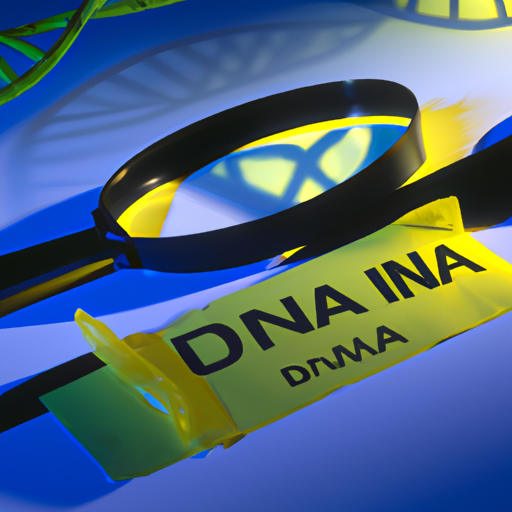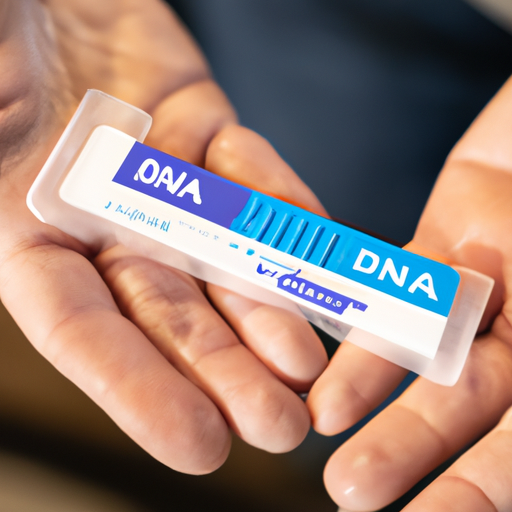In recent years, DNA testing has become an important tool in solving crimes. The ability to analyze DNA left at a crime scene has revolutionized the field of forensic science. Today, we are going to answer some common questions about the role of DNA testing in solving crimes.
What is DNA testing?
DNA testing, also known as DNA profiling or DNA analysis, is a process used to identify individuals by examining their unique genetic material. This material is found in nearly every cell of our bodies and carries our genetic code. By analyzing specific regions of a person’s DNA, scientists can create a profile that is unique to that individual.
How does DNA testing help solve crimes?
When a crime is committed, the perpetrator often leaves behind physical evidence such as blood, hair, or skin cells. These biological materials contain DNA, which can be collected and analyzed. By comparing the DNA found at a crime scene with a database of DNA profiles, investigators can potentially identify the person responsible for the crime.
Is DNA testing always accurate?
While DNA testing is a highly reliable method, it is not infallible. Errors can occur due to contamination of samples or improper handling. That is why it is crucial for law enforcement agencies to follow proper protocols when collecting and analyzing DNA evidence. By adhering to strict guidelines, the chances of errors can be minimized.
Can DNA testing exonerate innocent individuals?
Yes, DNA testing has played a pivotal role in exonerating wrongfully convicted individuals. There have been numerous cases where DNA evidence has been retested, leading to the release of innocent people who were wrongly imprisoned. It serves as a powerful tool in uncovering the truth and rectifying miscarriages of justice.
Can DNA testing be used to link suspects to multiple crimes?
Indeed, DNA testing can link suspects to multiple crimes. By comparing DNA profiles from different crime scenes, investigators can determine whether the same person was involved in multiple offenses. This can help establish patterns and connect seemingly unrelated crimes, aiding law enforcement in investigating and potentially solving numerous cases.
What are the limitations of DNA testing?
While DNA testing is incredibly useful, it does have limitations. If no DNA is left at a crime scene or if the DNA is too degraded to be analyzed, it becomes challenging to identify the perpetrator. Additionally, DNA testing cannot provide information about a person’s physical appearance, such as their height, weight, or hair color. It can only determine whether someone’s DNA matches a sample found at a crime scene.
Do I need to worry about my DNA being collected without my knowledge?
As an ordinary citizen, you typically don’t need to worry about your DNA being collected without your knowledge. DNA collection is subject to strict legal regulations that protect individual privacy rights. In most cases, DNA samples are only collected with the explicit consent of the person being tested or when authorized by a court order.
In conclusion…
DNA testing has become an invaluable tool in solving crimes. Its ability to identify individuals and link them to specific events has transformed the way law enforcement agencies approach investigations. While no scientific method is foolproof, DNA testing, when conducted accurately and ethically, offers a powerful weapon in the pursuit of justice.
DNA Testing and its Role in Solving Crimes

